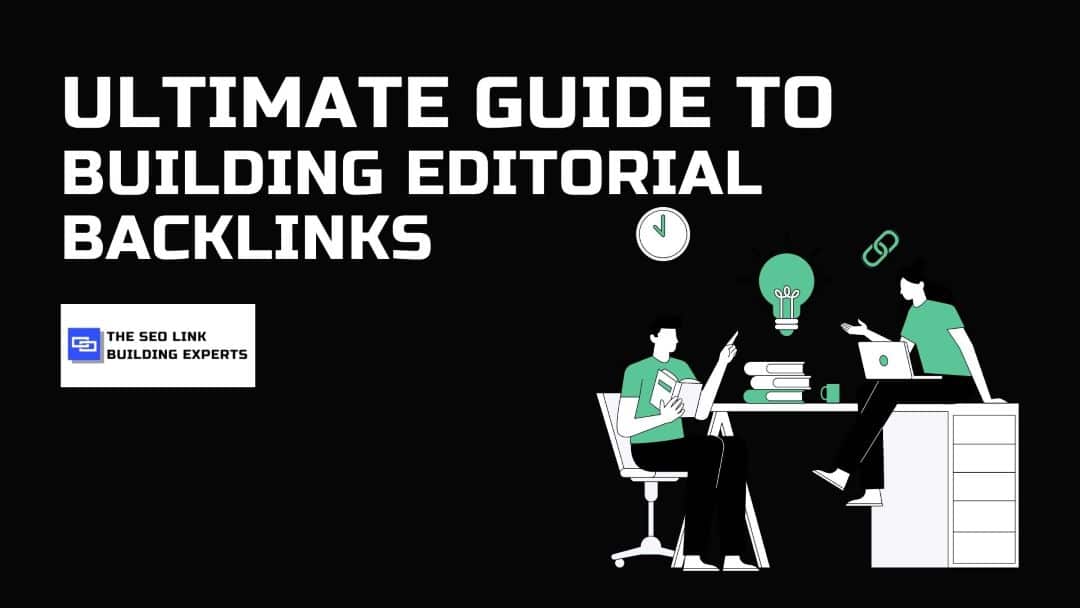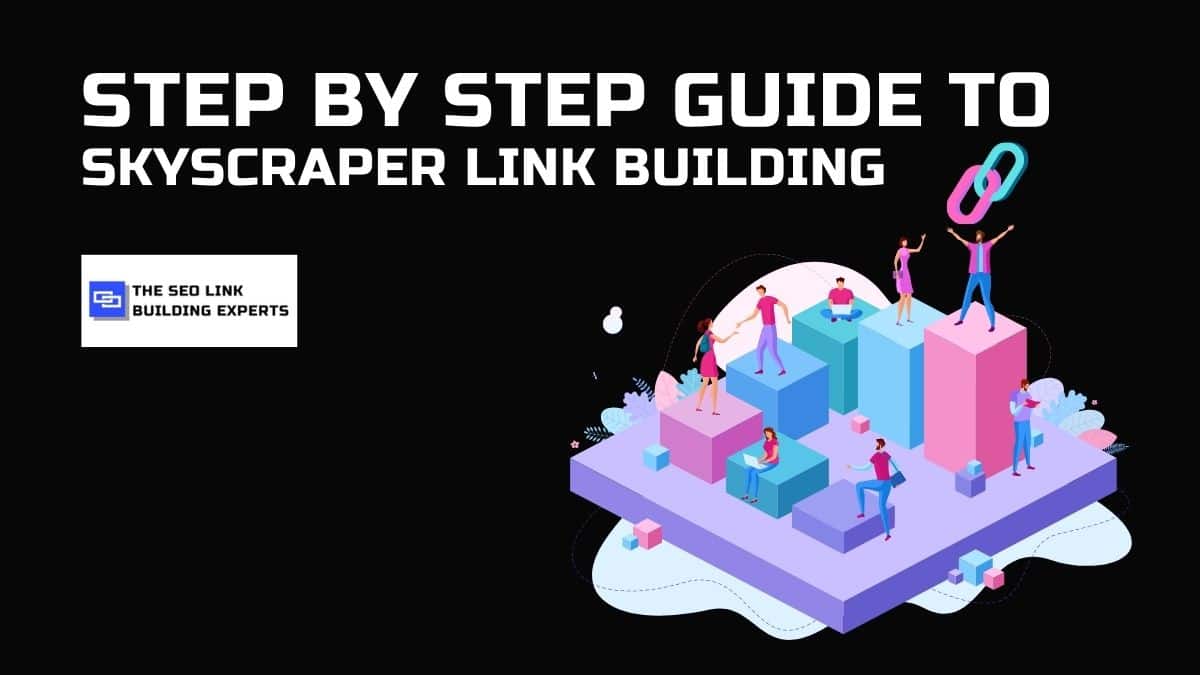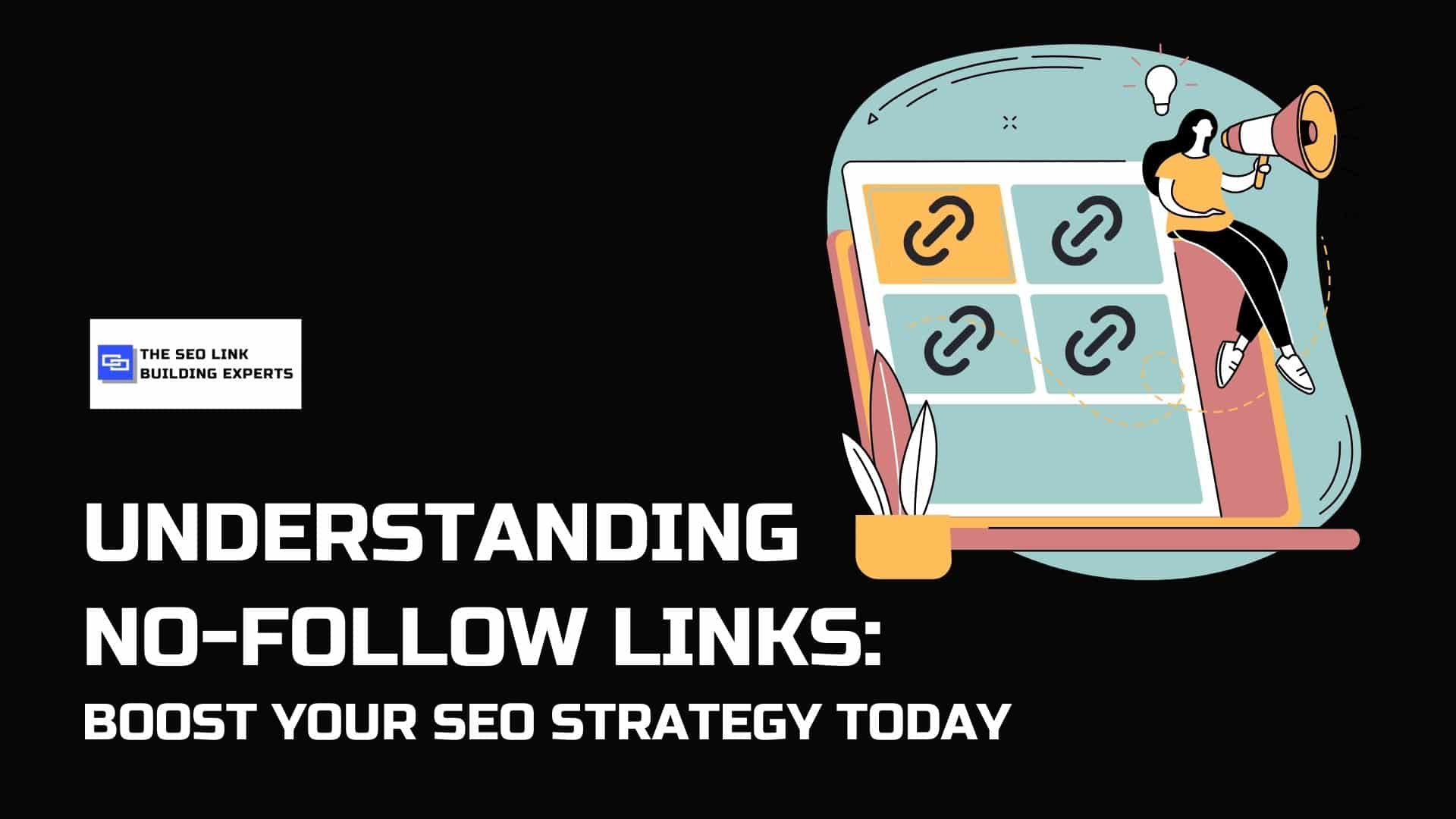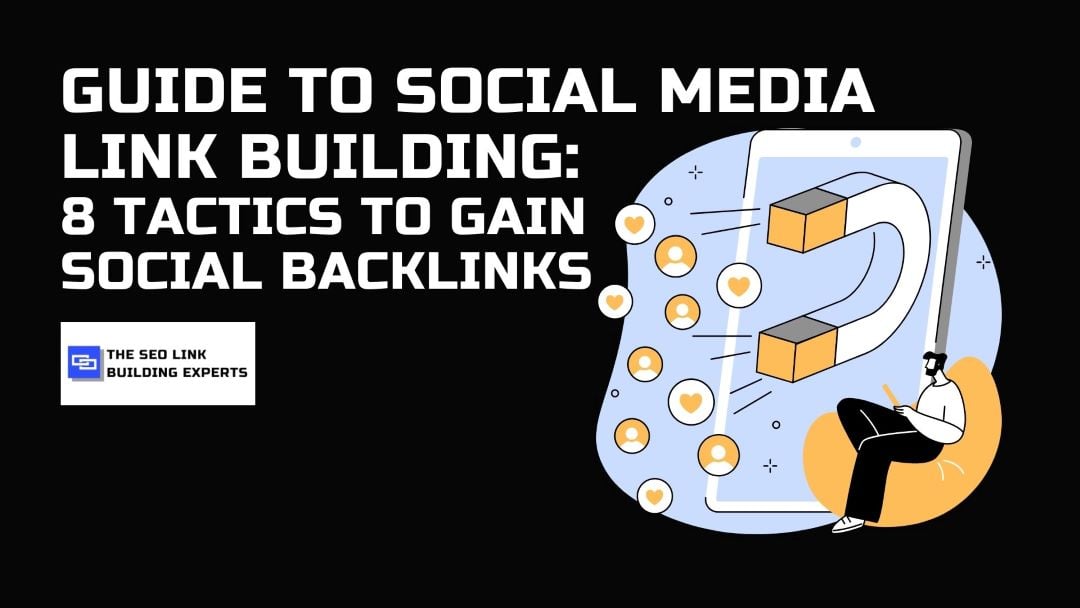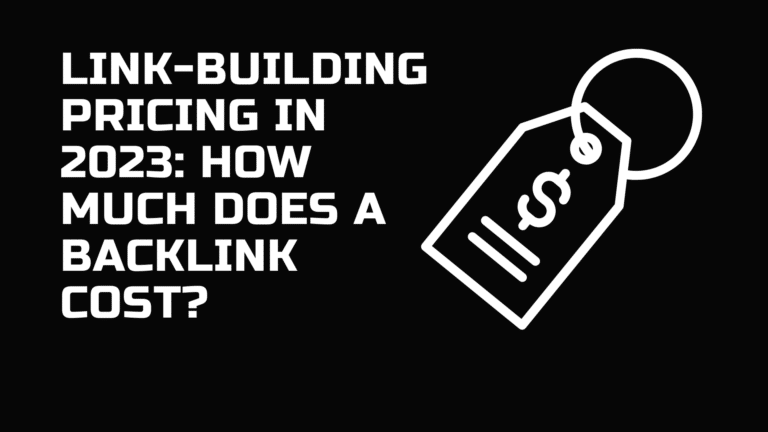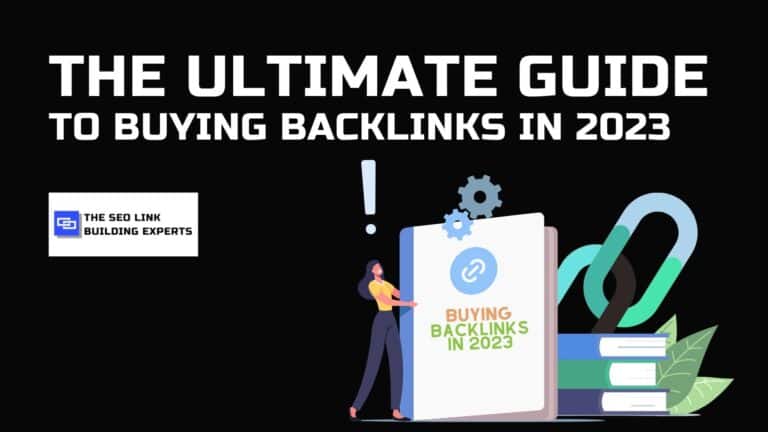Ultimate Guide to Building Editorial Backlinks
Are you struggling to boost your website’s authority and improve search engine rankings? If so, editorial backlinks may be the solution you’re looking for. Editorial backlinks are high-quality links that are earned through the creation of informative, valuable content. In this guide, we’ll dive deep into the world of editorial backlinks, exploring what they are, why they’re important, and how to acquire them.
Editorial backlinks, also known as editorial links, are links that are placed within the content of an article or blog post by a third-party website. Unlike other types of links, editorial backlinks are not paid for or exchanged; they are earned by creating high-quality, relevant content that provides value to the target audience. Search engines view editorial backlinks as a vote of confidence in the quality of your website, which can significantly improve your search engine rankings.
Key Editorial Backlinks Takeaway
- Editorial backlinks are high-quality, earned links that boost website authority.
- They are placed within the content of an article or blog post by a third-party website.
- Editorial backlinks are not paid for or exchanged; they are earned through valuable content creation.
- Search engines view editorial backlinks as a vote of confidence, improving search engine rankings.
Understanding Editorial Backlinks
If you’re familiar with SEO, you’ve likely heard of editorial backlinks. But what exactly are they, and why are they so important?
Editorial backlinks, also known as editorial links, are links that are naturally earned through high-quality content and relationships with publishers and industry influencers. Unlike other types of links, such as paid or reciprocal links, editorial backlinks are seen as more trustworthy and authoritative by search engines.
These links are typically found within the body of an article, rather than in a sidebar or footer, and are surrounded by relevant content. They are also usually accompanied by anchor text that accurately reflects the content of the linked page.
Because editorial backlinks are earned through natural means, rather than through manipulative tactics, they are highly valued by search engines. They can help to establish a website’s authority, boost its rankings in search results, and drive organic traffic.
But how do you go about earning editorial backlinks? In the next section, we’ll explore the benefits of acquiring these links and provide actionable strategies for building them.

Benefits of Editorial Backlinks
Editorial backlinks are highly valuable for SEO, as they can improve a website’s ranking and increase organic traffic. These links are considered high-quality because they are earned naturally through content creation and relationship building rather than being paid for or acquired through spammy tactics.
One benefit of editorial backlinks is that they provide credibility and authority in the industry. When a website is linked to by a reputable publisher or editor, it indicates to search engines that the content is trustworthy and valuable. This can lead to higher search engine rankings and increased visibility.

Another benefit of editorial backlinks is that they can drive targeted traffic to a website. When a reader clicks on a link from a relevant publication or website, they are more likely to be interested in the content and products offered by the linked site. This can lead to increased conversions and revenue.
Furthermore, editorial backlinks can improve the overall link profile of a website. When a site has a diverse range of high-quality backlinks, it appears more valuable to search engines and may be given a higher ranking. This can result in even more traffic and visibility.
Strategies for Building Editorial Backlinks
Building editorial backlinks can be a challenging task, but the rewards are worth it. Here are some effective strategies to help you earn high-quality editorial backlinks:
1. Create Exceptional Content
The first and most important strategy for earning editorial backlinks is to create exceptional content that publishers will want to link to. This should be content that is original, informative, and valuable to your target audience. Use eye-catching visuals, infographics, and statistics to make your content more engaging.

“Create content that is worth sharing, and you will find that others will share it for you.”
2. Guest Blogging
Gaining exposure on popular websites in your industry is a great way to earn editorial backlinks. Reach out to influential publishers and offer to write a guest post for their website. While doing so, make sure to provide high-quality content and include a relevant link to your own website within the article.
3. Build Relationships with Industry Influencers
One of the most effective ways to earn editorial backlinks is to build relationships with influential bloggers and publishers in your industry. By engaging with them on social media, commenting on their posts, and sharing their content, you can gradually become a familiar name to them, making it easier to pitch your content for links later on.
4. Promote Your Content on Social Media
Use the power of social media to promote your exceptional content and reach a wider audience. Share your content on platforms like Twitter, LinkedIn, and Facebook, tagging relevant influencers and publishers. This will increase the chances of your content being seen and shared, eventually leading to editorial backlinks.
5. Use Online Tools
There are numerous online tools that can help you identify potential publishers and monitor your backlink profile. Tools like Ahrefs, SEMrush, and Moz can help you track your backlinks and provide insights into the most valuable links. Use these tools to find new publishers for outreach and to monitor your progress.
By following these five strategies, you can improve your chances of earning high-quality editorial backlinks and boost your website’s SEO authority. Remember to be patient and persistent, as building editorial backlinks is a long-term process that requires consistent effort and dedication.
Importance of High-Quality Content
When it comes to editorial backlinks, high-quality content is crucial. This means producing content that is not only original and relevant but also provides value to your target audience. When your content is informative, engaging, and well-written, it is more likely to be shared and linked to by publishers.
One way to ensure that your content is high-quality is to conduct thorough research on your industry and target audience. This will help you identify topics that are in demand and create content that meets the needs and interests of your audience.
Another way to produce high-quality content is to use a variety of formats, such as infographics, videos, and podcasts. This can help you reach a wider audience and make your content more engaging and shareable.
Finally, it’s important to keep in mind that quality content takes time and effort to create. Make sure you invest in creating well-researched, thought-provoking content that will stand out from the competition.

“Quality over quantity – it’s a simple concept, but one that is often overlooked in content marketing. Focus on producing high-quality content that meets the needs of your audience, and the editorial backlinks will come.”
Building Relationships with Publishers
One of the most effective ways to acquire editorial backlinks is by building relationships with publishers and editors in your industry. By establishing genuine connections and providing value, you can earn their trust and increase the chances of getting your content featured on their websites. Here are some tips to help you nurture those relationships:
| Tip | Description |
|---|---|
| Research Relevant Publishers | Identify publishers that are relevant to your niche and target audience. Look for websites that have high domain authority and a strong readership. |
| Create Valuable Content | Produce high-quality, original content that is relevant to the publisher’s audience. Make sure it offers value and information that is not readily available elsewhere. |
| Personalize Your Outreach | Avoid sending generic outreach emails and instead, personalize each one to the specific publisher. Mention their website and explain why your content is relevant to their readers. |
| Follow up Politely | If you don’t receive a response to your initial outreach, don’t be discouraged. Follow up politely after a few days to show you are genuinely interested in collaborating with them. |
| Offer Something in Return | Incentivize publishers to feature your content by offering something in return, such as social media promotion or a link back to their website. |
Remember, building relationships takes time and effort, but the payoff can be significant. By connecting with publishers and editors in your industry, you are not only increasing your chances of acquiring editorial backlinks, but also building a network of valuable contacts.

Leveraging Social Media for Editorial Backlinks
Social media platforms have become powerful tools for building relationships and securing editorial backlinks. By effectively utilizing social media, you can connect with industry influencers and publishers, increase the visibility of your content, and ultimately boost your website’s authority.
One effective strategy for leveraging social media is to engage with industry influencers. By commenting on their posts, sharing their content, and mentioning them in your own posts, you can establish connections and gain credibility within your industry. This can lead to opportunities for guest posting and other forms of collaboration that can result in valuable editorial backlinks.
Twitter and LinkedIn are particularly useful platforms for connecting with publishers and editors. By following relevant accounts and participating in industry chats, you can engage with potential link partners and gain visibility for your content. Additionally, promoting your content on these platforms can increase its reach and attract the attention of publishers.
Optimizing your social media profiles can also improve your chances of securing editorial backlinks. Make sure your bio includes information about your expertise and the value you can offer to publishers. Use high-quality profile pictures and cover photos that align with your brand and industry. Finally, consider using tools like social media scheduling platforms to streamline your outreach efforts and maximize your efficiency.

Tips for Outreach and Pitching
When it comes to building editorial backlinks, outreach and pitching are essential components. Here are some tips to help you conduct effective outreach and pitch your content ideas to publishers:
Craft Compelling Outreach Emails
When sending outreach emails, make sure to personalize your message and explain why your content is relevant to the publisher’s audience. Keep your email concise and to the point, highlighting the key benefits and unique qualities of your content. Also, make sure to follow up with the publisher if you don’t receive a response initially. Persistence can pay off!
Personalize Your Pitches
When pitching your content ideas, tailor your message to the publisher’s specific needs and interests. Do your research beforehand to understand their target audience and the topics they typically cover. Also, focus on creating content that provides value to their readers and aligns with their editorial style and tone.
Follow Up with Publishers
Don’t be afraid to follow up with publishers after sending your initial outreach email or pitch. A polite and friendly follow-up message can reiterate your interest in collaborating and demonstrate your dedication to creating high-quality content.
Remember, securing editorial backlinks takes time and effort. But by implementing these tips and strategies, you can increase your chances of success and establish long-term relationships with publishers in your industry.

Conclusion
Editorial backlinks are a valuable asset for any website looking to improve its SEO strategy. By earning these high-quality links, websites can boost their authority and increase organic traffic. The strategies for building editorial backlinks discussed in this article, including creating valuable content, building relationships with publishers, and leveraging social media, can all lead to acquiring these valuable links.
Remember that high-quality content is crucial to attracting editorial backlinks. Creating original, relevant, and valuable content to your target audience is key to earning these links and building credibility in your industry. Building relationships and conducting effective outreach and pitching are also essential components of acquiring editorial backlinks. By implementing these strategies and tactics, you can enhance your website’s authority and improve search engine rankings.
Take Action Now
Don’t wait any longer to incorporate editorial link building into your SEO strategy. Start by creating valuable content and identifying relevant publishers and influencers in your industry. Build genuine relationships with publishers and personalize your pitches to make them stand out. And remember, if you need professional help with editorial link building, there are services available to help you achieve your goals. By taking action now, you can elevate your website’s performance and drive more traffic to your business.

